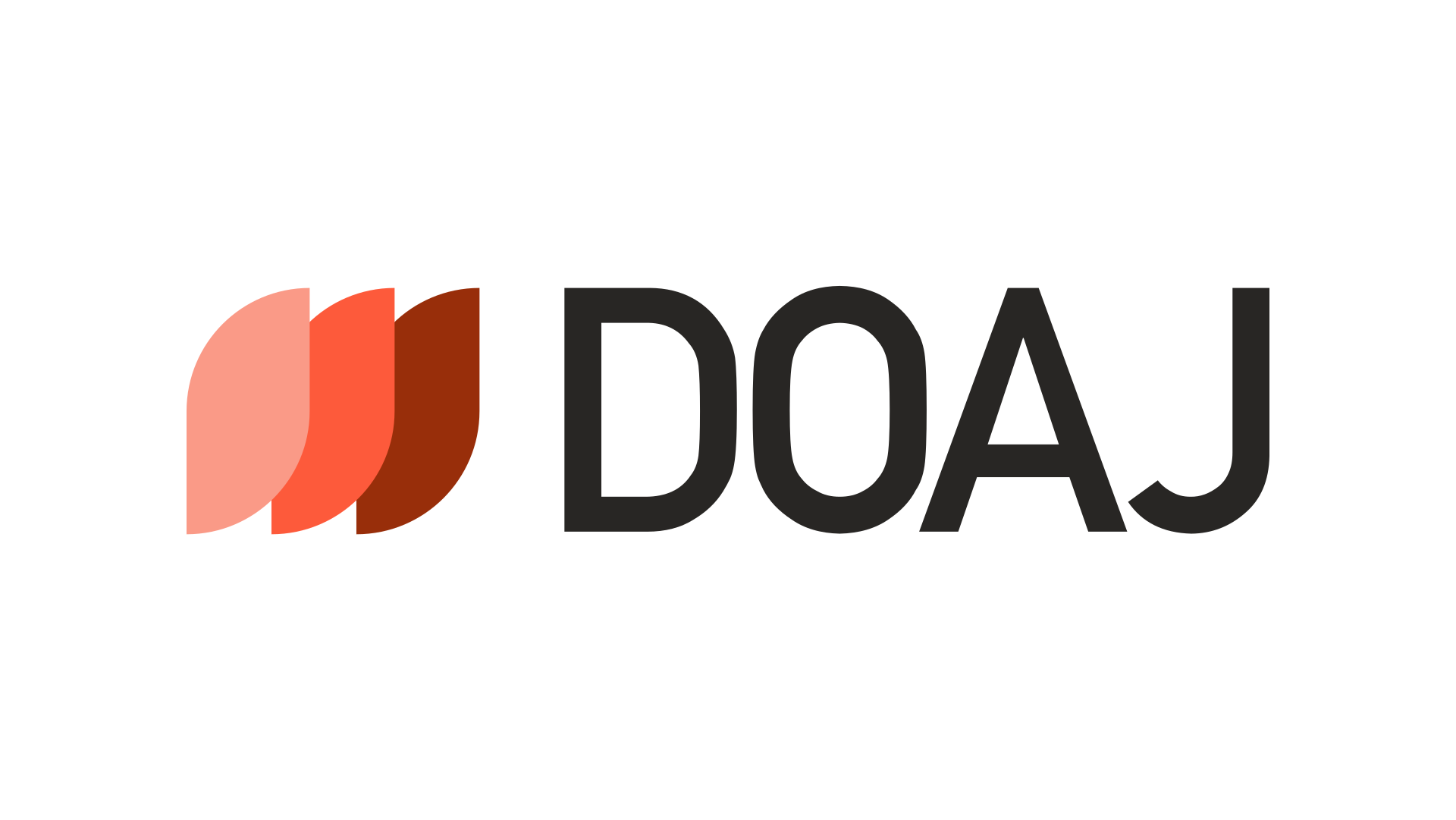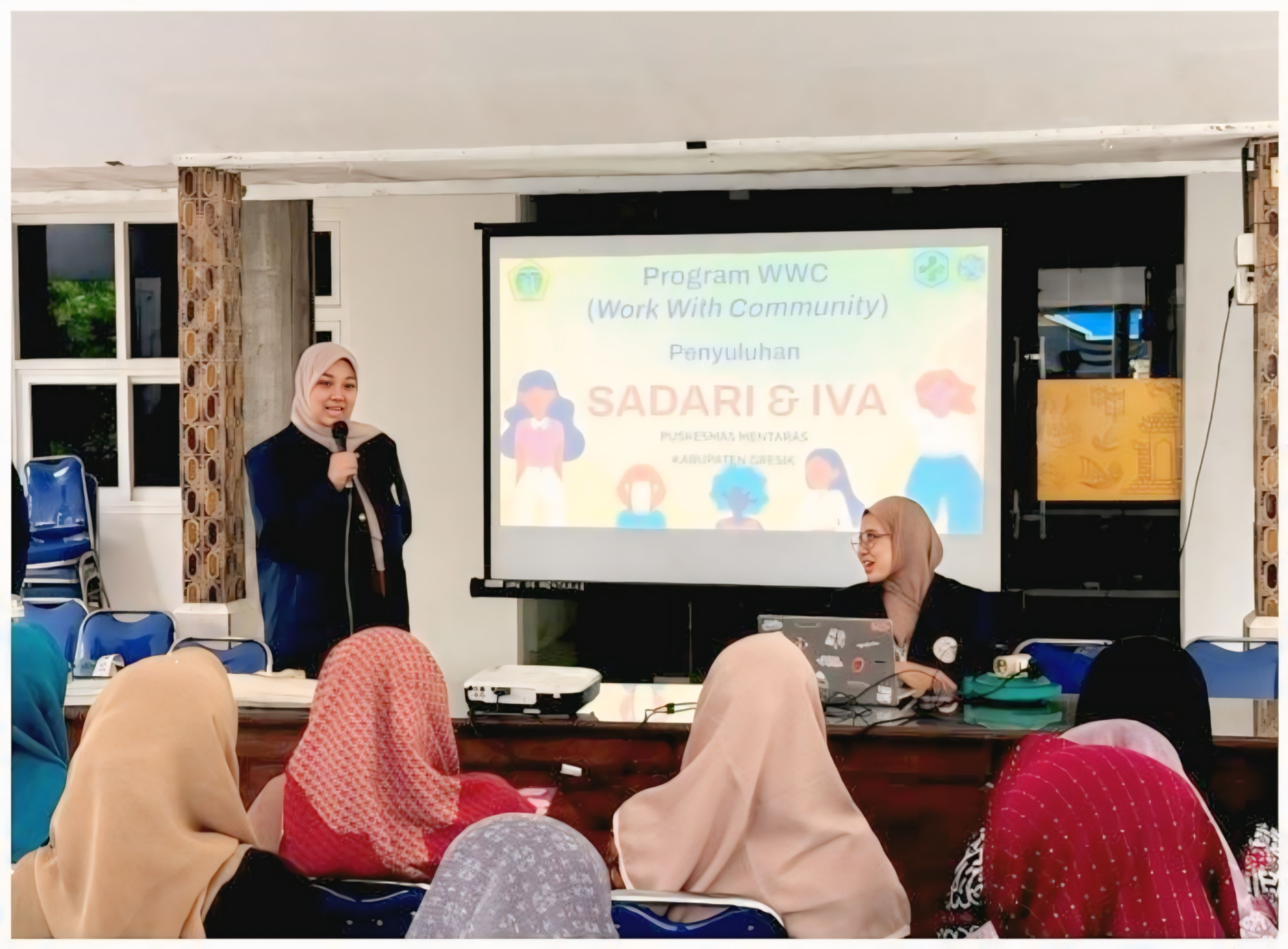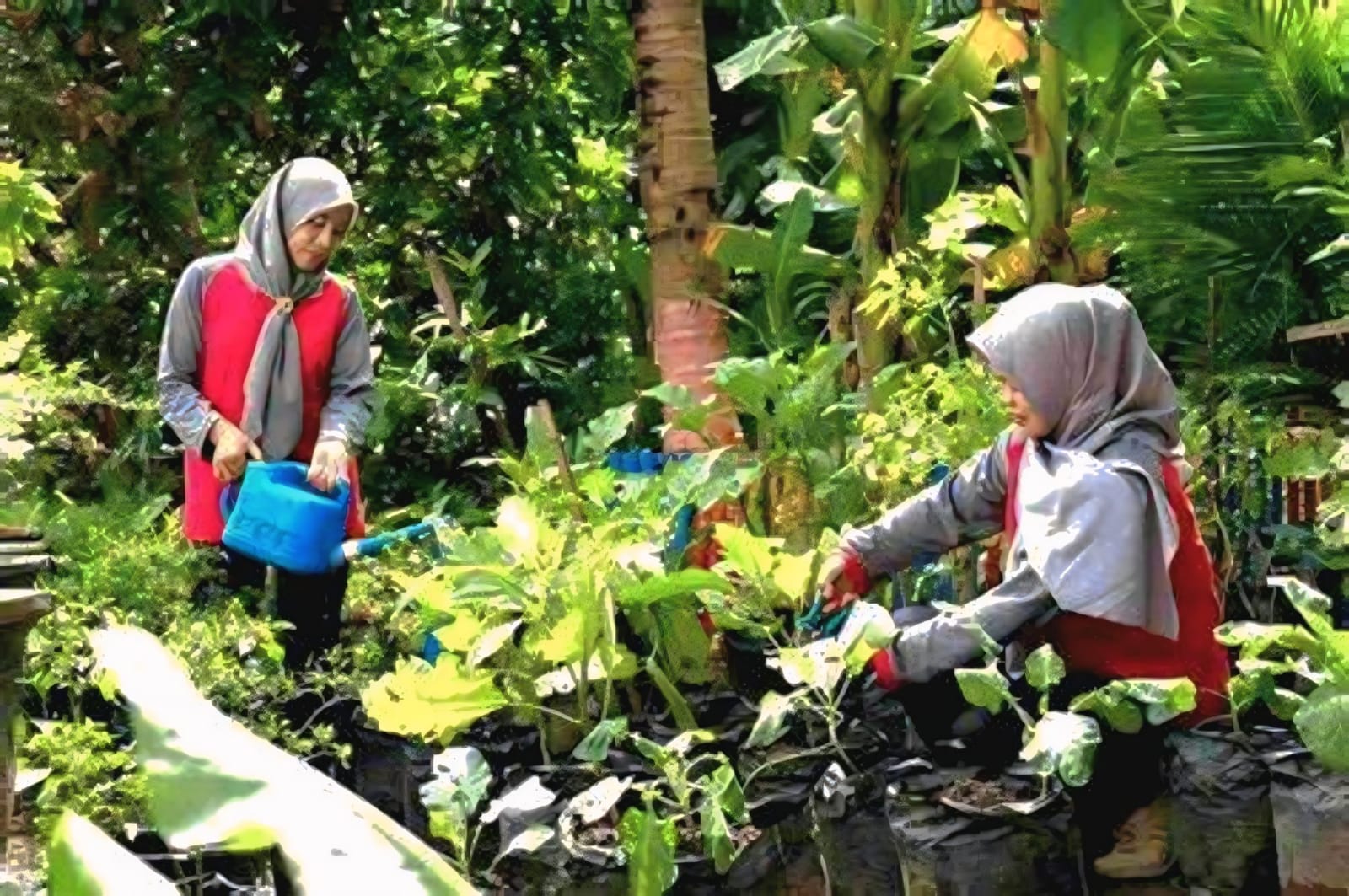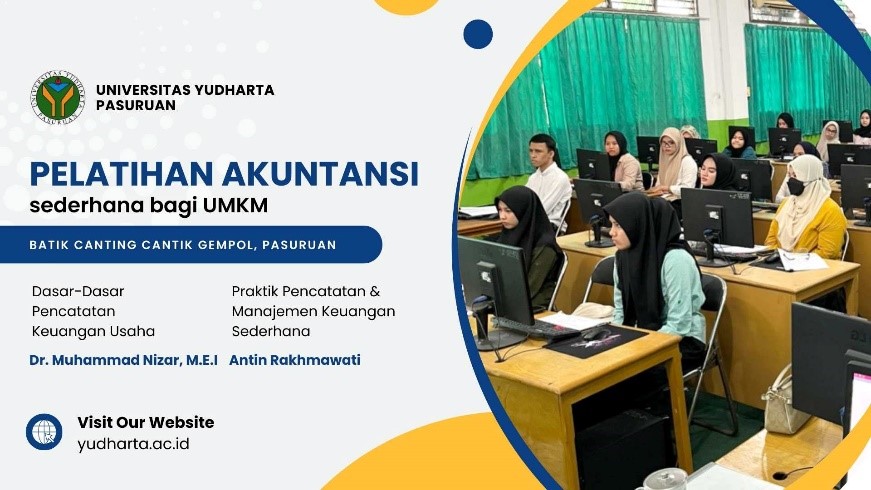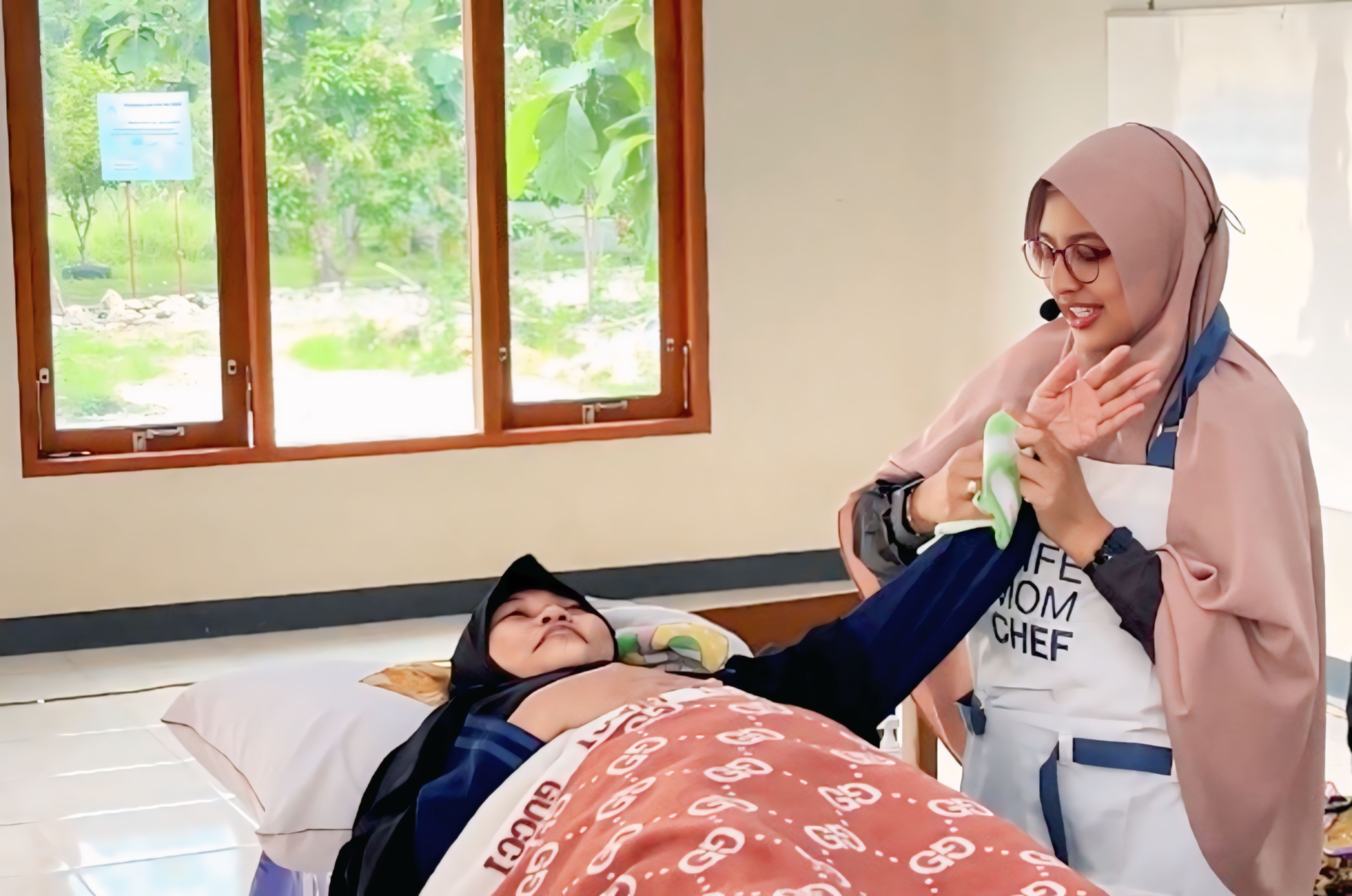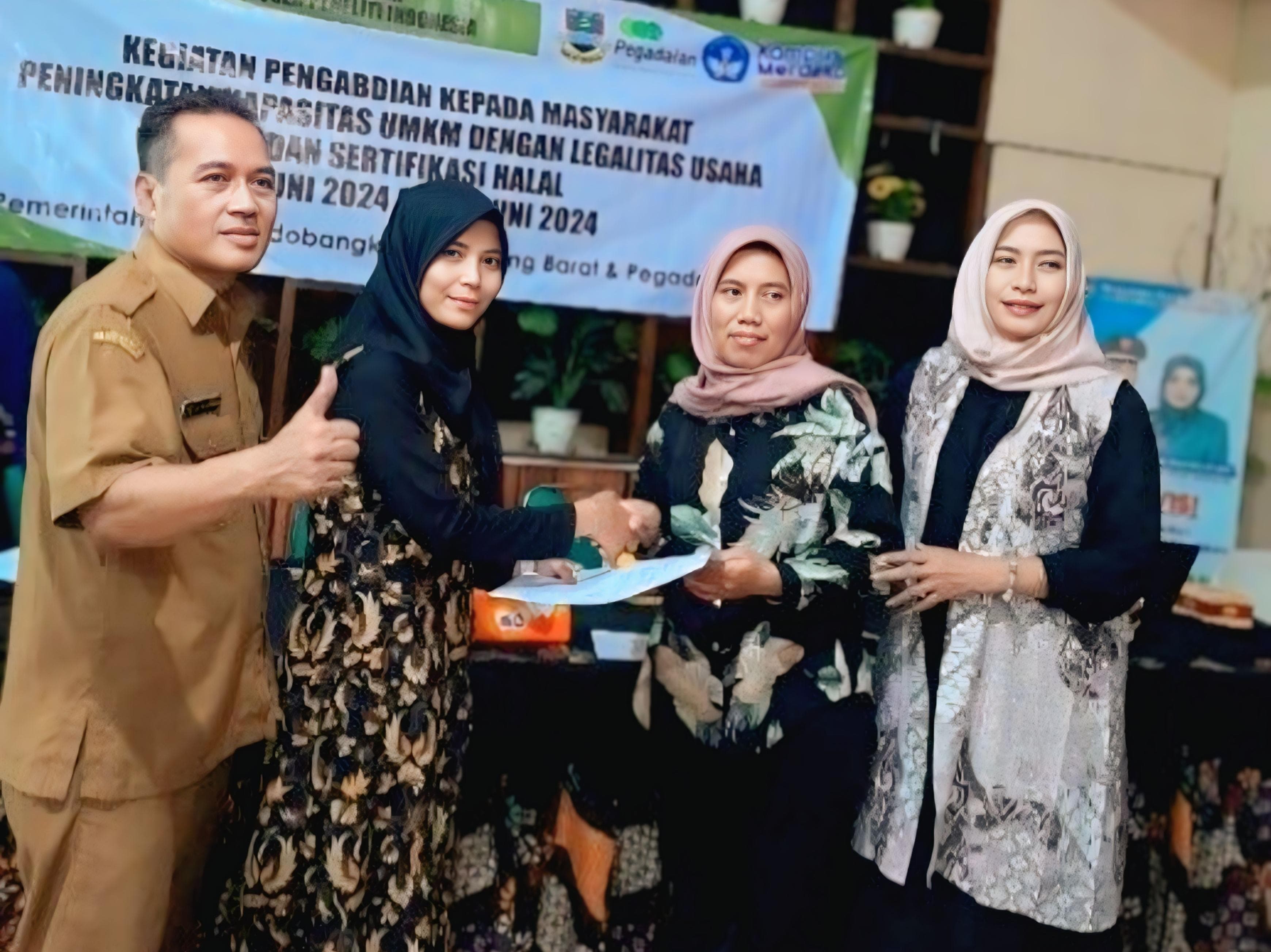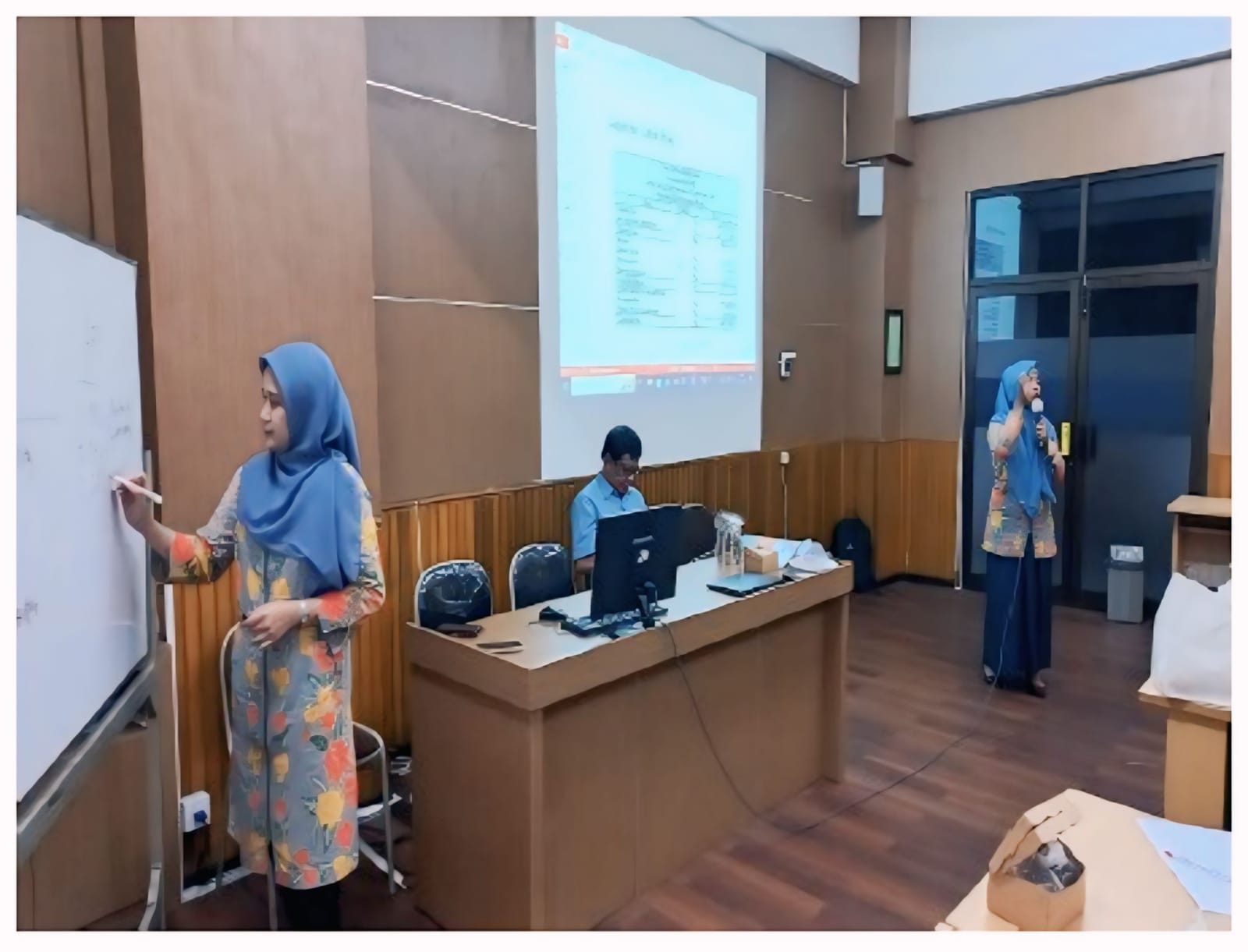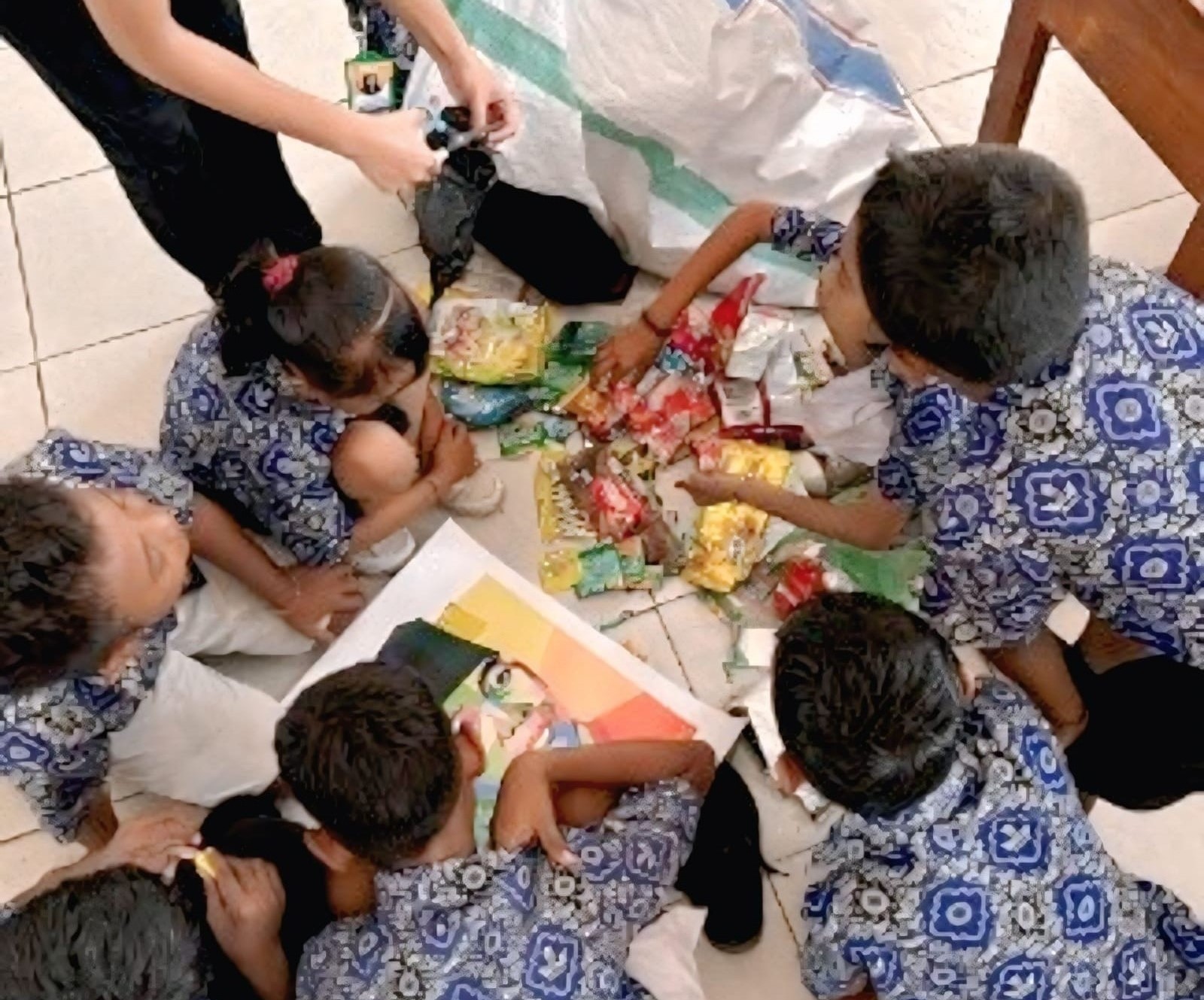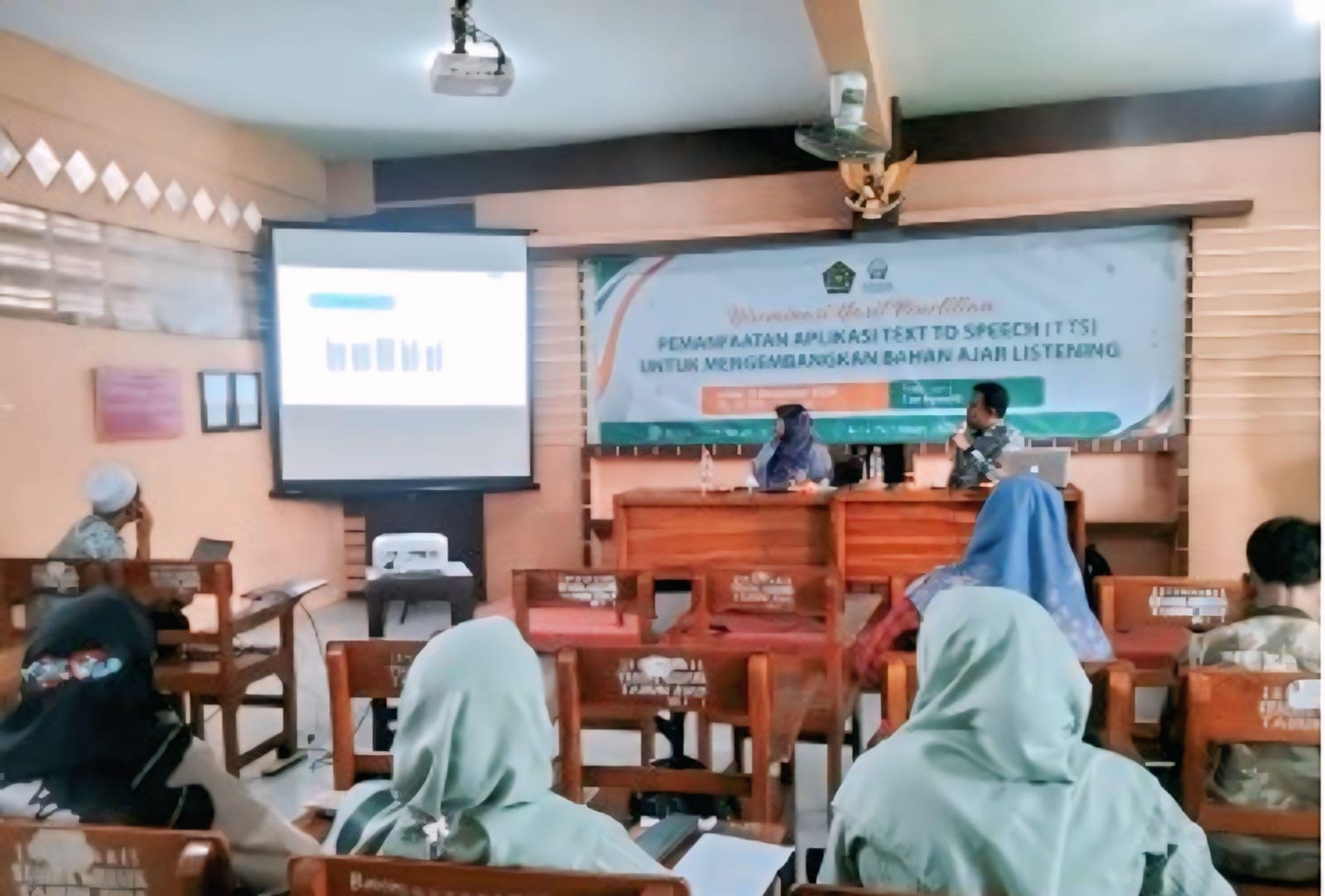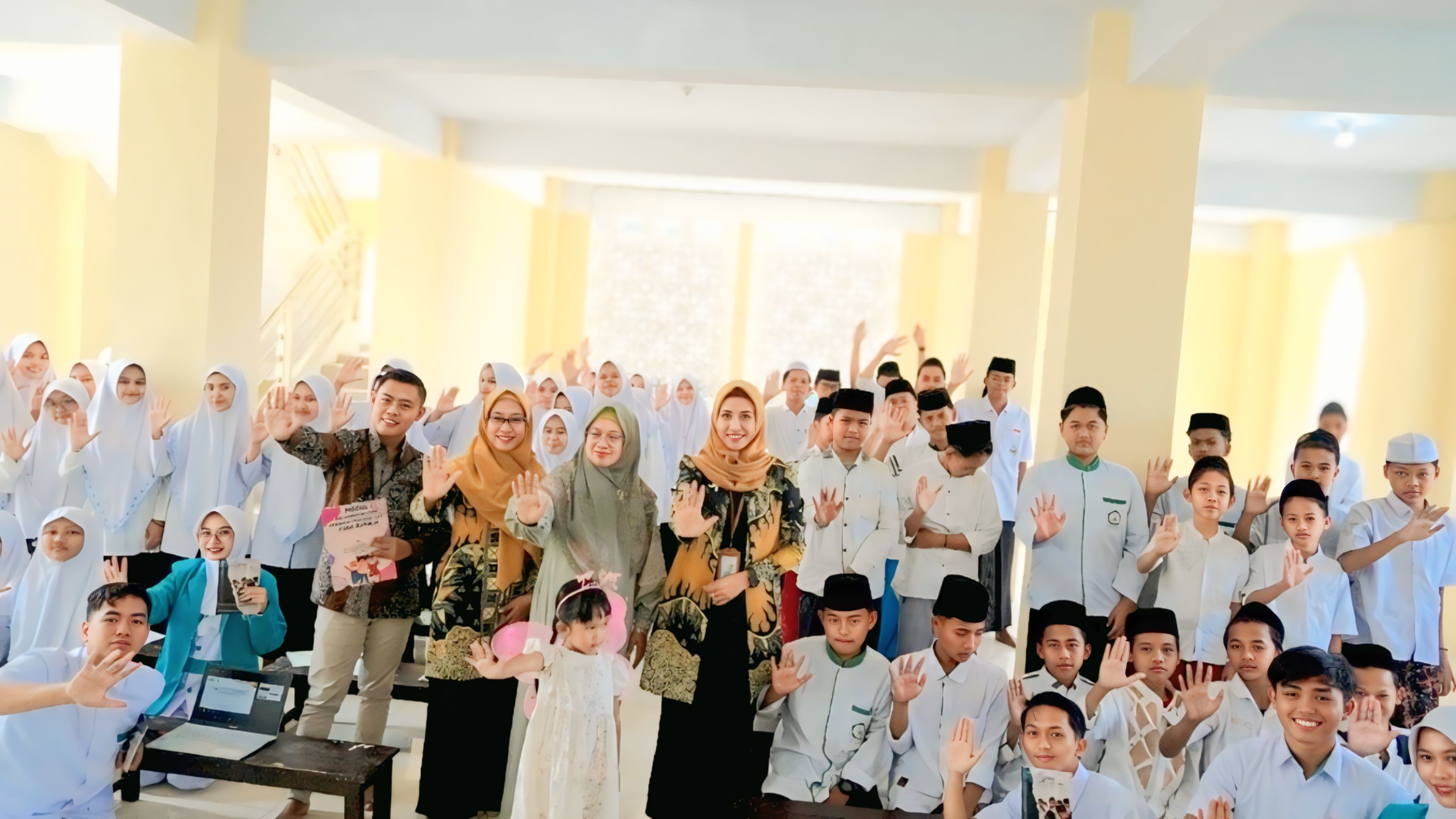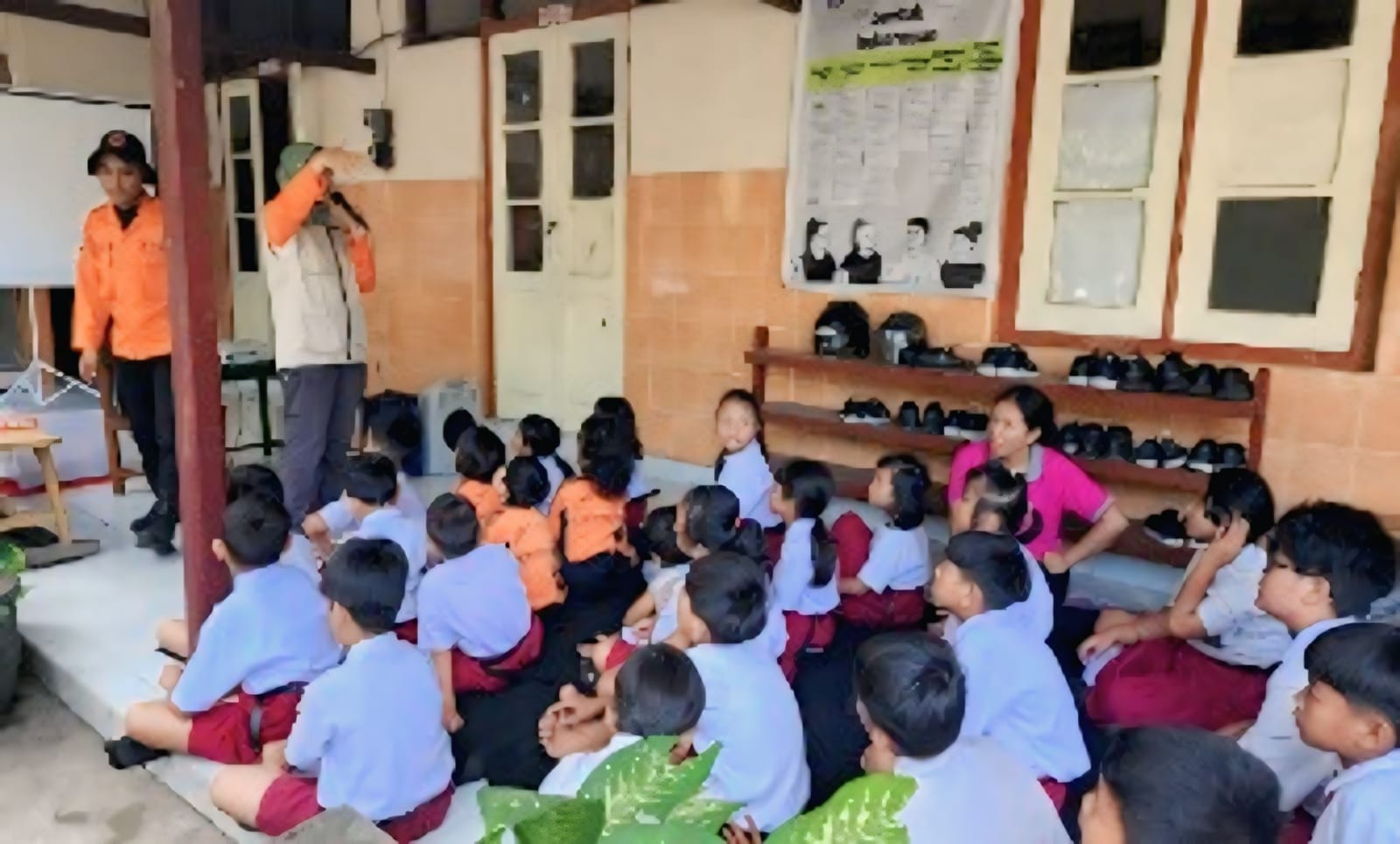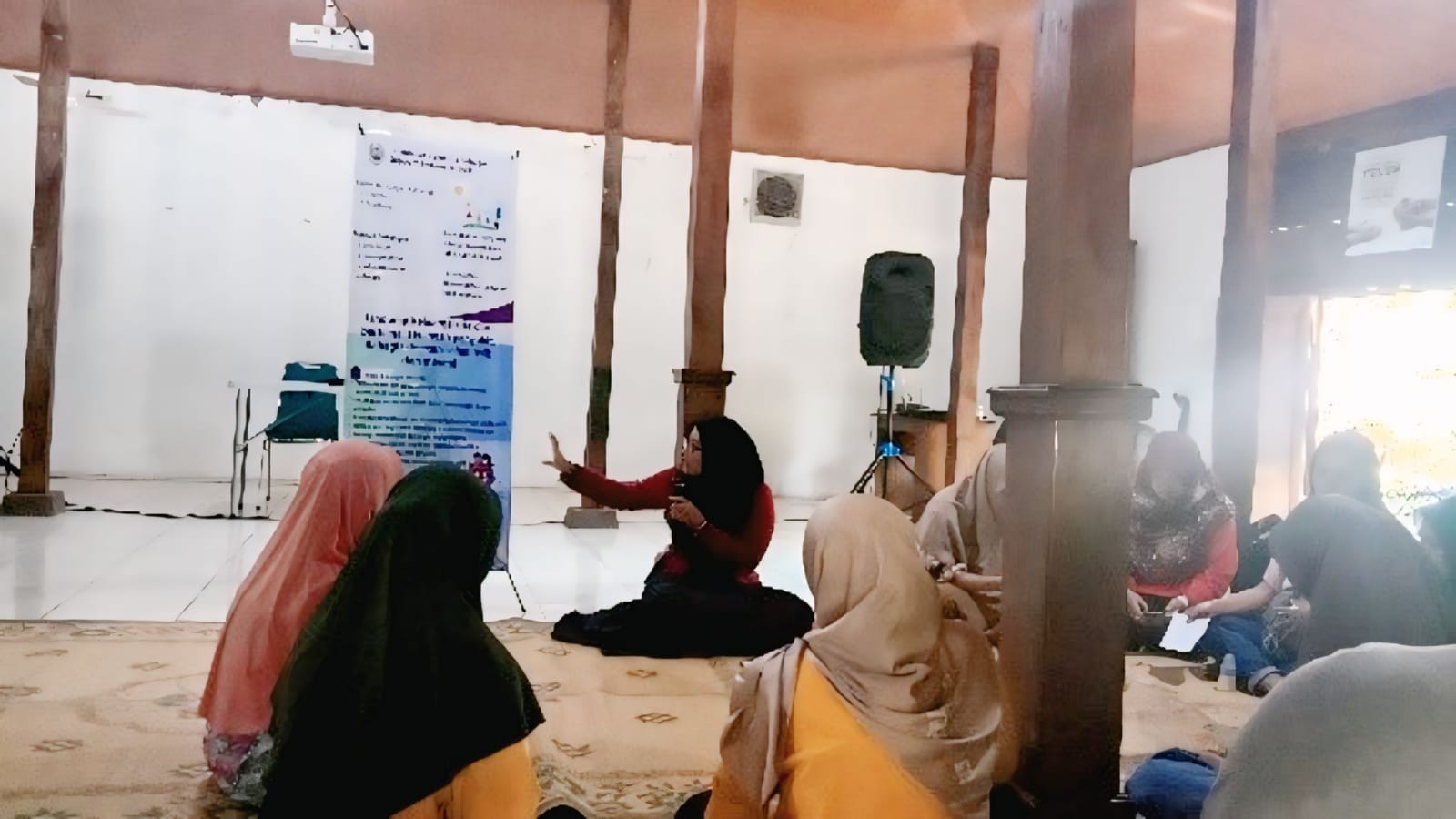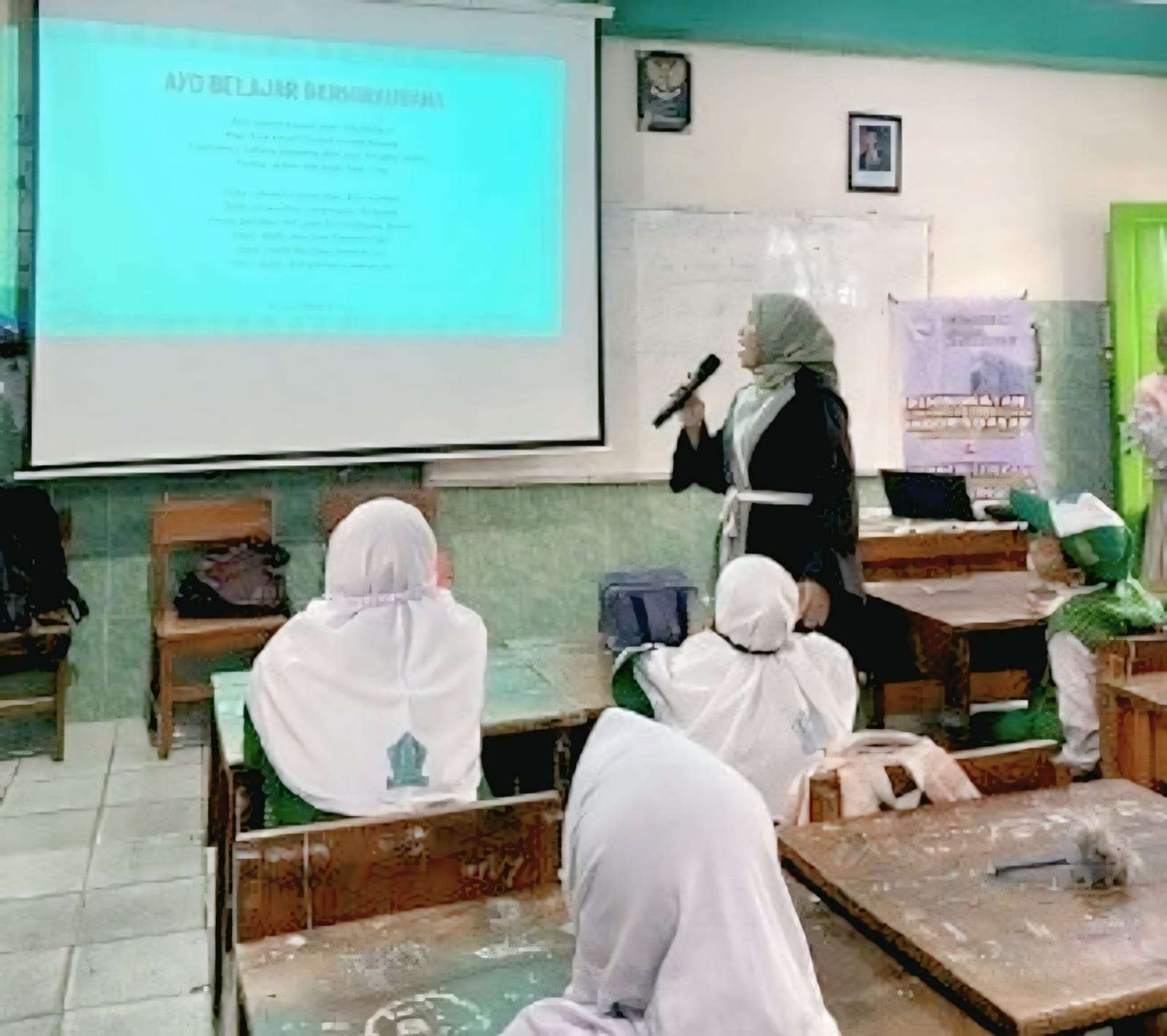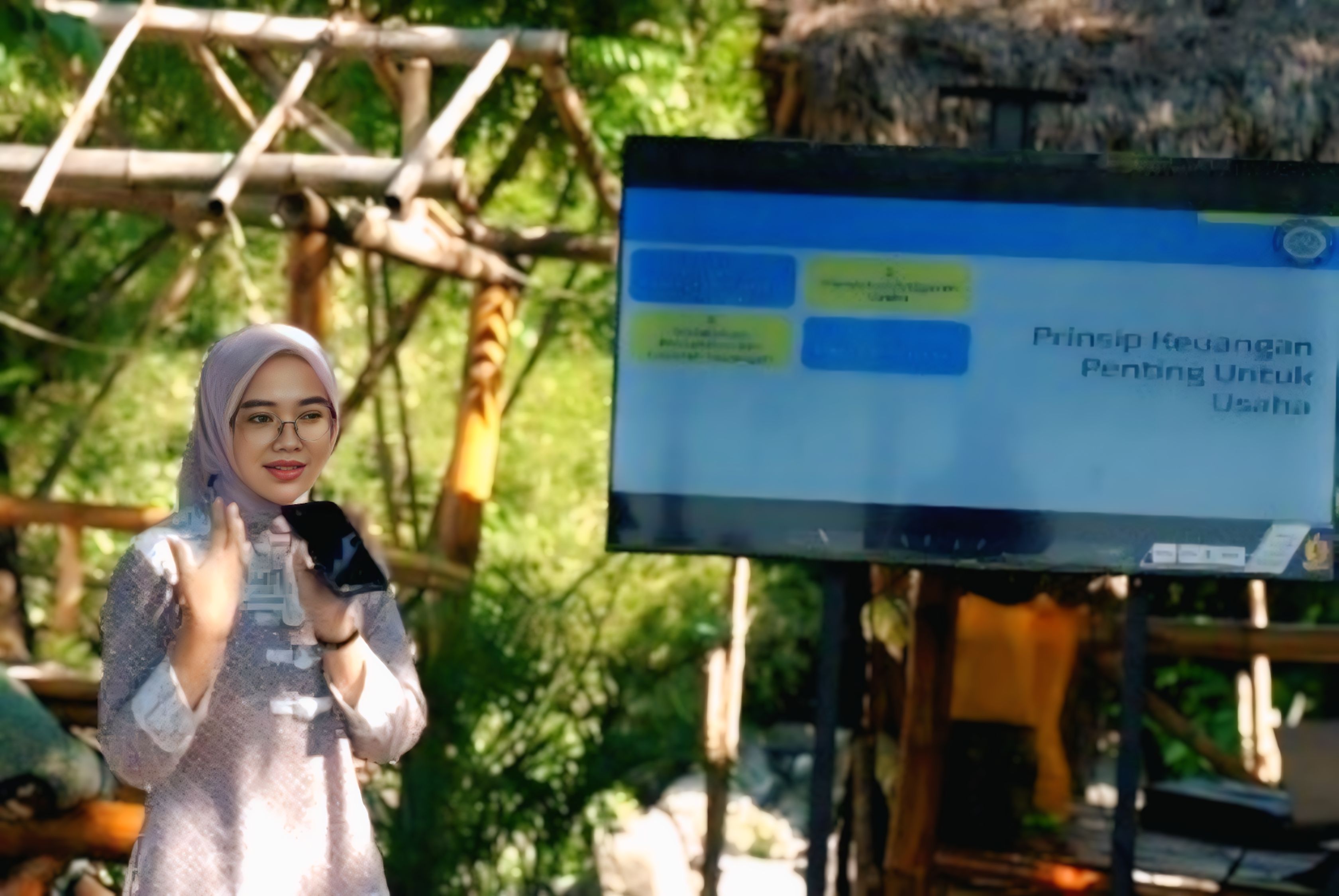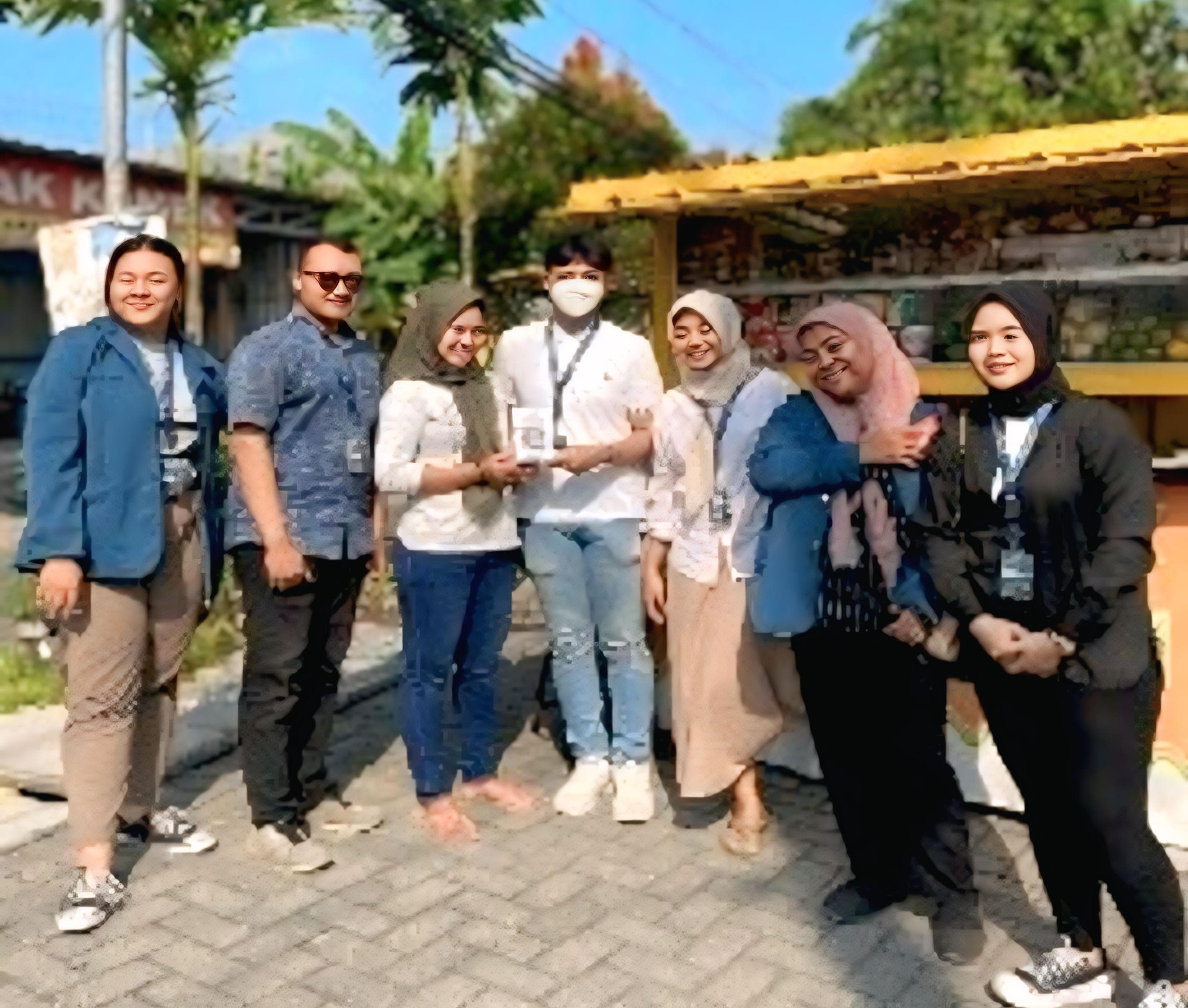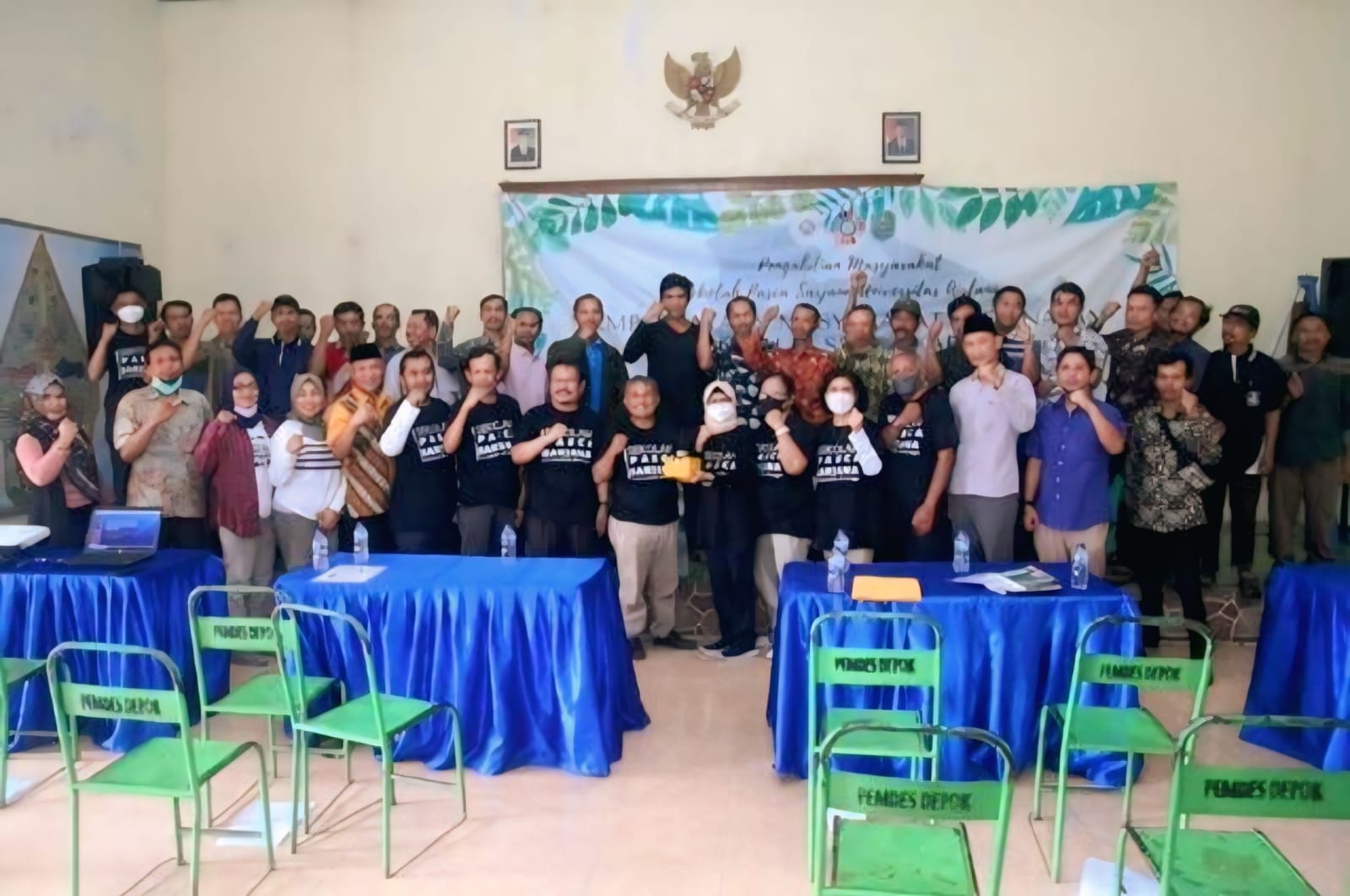THE EFFORTS TO INCREASE KNOWLEDGE ABOUT BALANCED NUTRITION AT ELEMENTARY SCHOOL CHILDREN
Downloads
Background: The balanced nutrition paradigm is currently unknown to the general public, especially school-age children. The old paradigm of four healthy five perfects is still taught in schools. Whereas in the new paradigm of balanced nutrition, in addition to the principle of nutrition that must be consumed in a balanced manner, there is another message that must be conveyed, namely physical activity at least 30 minutes every day, regular exercise, drinking 8 glasses of water a day, washing hands before and after eating and always monitor your weight. Purpose: This community service activity aims to improve balanced nutrition knowledge in elementary school age children. Method: The method of community service is through lectures and games for ice breaking so that the atmosphere becomes more fun. Results: Most of the students of SDN Kalisari 1 Surabaya were female (54%), 10 years old (62%), and parents had jobs in the "other” category namely construction workers, janitors and farm workers (38%). As many as 83% of students have breakfast habits and 88% of students often access the internet. The level of student's knowledge of balanced nutrition is included in the sufficient category (59%). There is a difference in the level of knowledge before and after counseling about the concept of balanced nutrition (α = 0.04). Conclusion: Efforts to increase knowledge of balanced nutrition with counseling and game methods are considered effective because there is a significant increase in the level of knowledge of SDN Kalisari 1 Surabaya students.
Achadi, E., Pujonarti, S.A., Sudiarti, T., Rahmawati, R., Kusharisupeni, K., Mardatillah, M., Putra, W.K.Y. 2010. Sekolah dasar pintu masuk perbaikan pengetahuan, sikap, dan perilaku gizi seimbang masyarakat. Kesmas: National Public Health Journal. Vol 5 (1). Pp. 42-48.
Astuti, F.D., Sulistyowati, T.F. 2013. Hubungan tingkat pendidikan ibu dan tingkat pendapatan keluarga dengan status gizi anak prasekolah dan sekolah dasar di Kecamatan Godean. Kesmas: Jurnal Fakultas Kesehatan Masyarakat Universitas Ahmad Daulan Vol 7 (1).
Badan Pusat Statistik (BPS). 2017. Provinsi Jawa Timur dalam Angka (Jawa Timur Province in Figure). Surabaya: BPS Jawa Timur.
Eliana, D., Solikhah. 2010. Pengaruh Buku Saku Gizi Terhadap Tingkat Pengetahuan Gizi pada Anak Kelas 5 Muhammadiyah Dadapan Desa Wonokerto Kecamatan Turi Kabupaten Sleman Yogyakarta. Jurnal KES MAS. Vol. 6 (2). Pp. 162-232.
Emilia, E. 2009. Pendidikan gizi sebagai salah satu sarana perubahan perilaku gizi pada. Jurnal Tabularasa Vol 6 (2). Pp. 161-174.
Irwanto. 2012. Impact of early stimulation on brain development: The evidence. Save our child's brain. Continuing Education Ilmu Kesehatan Anak. No 41. Pp.119-33.
Kemenkes RI. 2013. Pedoman Penyelenggaraan Stimulasi Deteksi, Intervensi Dini Tumbuh Kembang Anak (SDIDTK). Jakarta: Bakti Husada.
Kemenkes RI. 2014. Pedoman Gizi Seimbang. Jakarta: Kementrian Kesehatan.
Kemenkes RI. 2018. Laporan Riset Kesehatan Dasar. Jakarta: Kementrian Kesehatan.
Lutfiya, I. 2016. Pengaruh Pola Asuh Orang Tua terhadap Kesiapan Menghadapi Menarche pada Remaja Putri Pra-Pubertas (Studi di SDN 1/192 Pacarkembang, Kecamatan Tambaksari, Kota Surabaya). Surabaya: FKM Universitas Airlangga.
Notoatmojo, S. 2010. Pendidikan dan Perilaku Kesehatan. Jakarta: Rineka Cipta.
Pahlevi, A.E. 2012. Determinan status gizi pada siswa sekolah dasar. Jurnal Kesehatan Masyarakat Vol 7 (2). Pp. 122-126.
Peraturan Menteri Kesehatan No. 25 Tahun 2014 Tentang Upaya Kesehatan Anak.
Perserikatan Bangsa-Bangsa. 2017. Departemen Populasi Divisi Urusan Sosial dan Ekonomi. Jumlah Penduduk Dunia Tahun 2015. Tersedia di http://www.un.org/en/development/desa/population/. [diakses tanggal 12 Maret 2019].
Qurahman, M.A.T. 2010. Hubungan Perilaku Hidup Sehat dan Gizi Seimbang dengan Status Gizi Anak Sekolah Dasar Negeri Bulukantil di Ngoresan Surakarta. Skripsi. Surakarta: FK Universitas Sebelas Maret.
Sulistyoningsih, H. 2012. Gizi untuk Kesehatan Ibu dan Anak. Yogyakarta: Graha Ilmu.
Syafitri, Y., Syarief, H., Baliwati, Y.F. 2009. Kebiasaan Jajan Siswa Sekolah Dasar (Studi Kasus di SDN Lawanggitung 01 Kota Bogor. Jurnal Gizi dan Pangan. Vol 4 (3). Pp. 167 – 175.
Sugiyanto. 2014. Karakteristik Anak Usia Sekolah Dasar. Tersedia di: http://staff.uny.ac.id/sites/default/files/tmp/Karakteristik%20Siswa%20SD.pdf. [diakses tanggal 8 Maret 2019].
Thasim, S., Syam, A., Najamuddin, U. 2013. Pengaruh Edukasi Gizi terhadap Perubahan Pengetahuan dan Asupan Zat Gizi Pada Anak Gizi Lebih Di SDN Sudirman I Makassar Tahun 2013. Makassar: FKM UNHAS.
Wulan, M.A.P. 2012. Perubahan Pengetahuan Tentang Gizi Seimbang Sesudah diberi Penyuluhan dengan Metode Ceramah melalui Media Leaflet pada Anak SD di SDN 1 Klego, Surakarta.
Yanti, D., Irwanto, Wibowo, A., 2016. The Relationship between Nutritional Status and Learning Achievement of School Age Children in Elementary School. Dama International Journal of Researchers (DIJR). ISSN: 2343-6743, ISI Impact Factor: 0.878. Vol 1 (7). Pp. 1-4.
- The Author(s) hold the copyright of the article without restrictions
- Darmabakti Cendekia allows the author(s) to retain publishing rights without restrictions.
- The legal formal aspect of journal publication accessibility refers to Creative Commons Atribution-Non Commercial-Share Alike 4.0 (CC BY-NC-SA), implies that publication can be used for non-commercial purposes in its original form.



